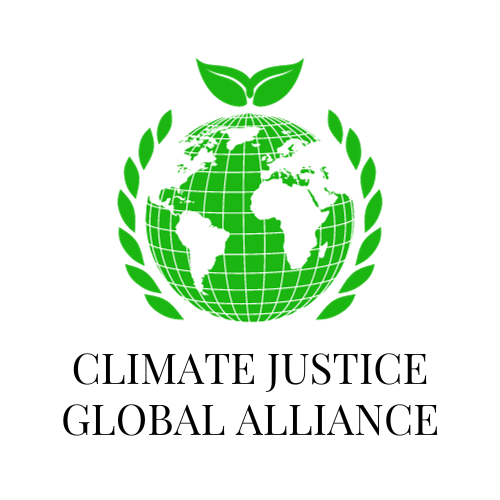Climate Justice Global Alliance
All-Earth Citizens Foundation
(
Non-governmental organization (NGO)
)
#SDGAction53651
Description
Climate justice is the moral and ethical principle that seeks to address the disproportionate impact of climate change on vulnerable communities and future generations. It recognizes that the consequences of climate change, such as extreme weather events, rising sea levels, and resource scarcity, are not distributed equally, with marginalized and disadvantaged populations often bearing the brunt of these effects. Climate justice advocates for equitable solutions that prioritize the needs of those who are most affected by climate change, strive to reduce greenhouse gas emissions, and ensure that the burdens and benefits of climate action are distributed fairly, taking into account historical and systemic inequalities. Ultimately, climate justice calls for a more inclusive and sustainable approach to addressing the global climate crisis.
The Climate Justice Global Alliance (CJGA) uses a youth-driven combination of education and activism to reduce global climate injustice, an aspect of SDG 13 under the UN Agenda 2030. This initiative aims to make changes in areas most impacted by climate change and environmental degradation through political activism and the distribution of original publications on climate justice and Earth sciences.
Rainforest Trust
Global Partnership on Marine Litter
SDGS & Targets
Goal 13
Take urgent action to combat climate change and its impacts
13.1
Strengthen resilience and adaptive capacity to climate-related hazards and natural disasters in all countries
13.1.1
Number of deaths, missing persons and directly affected persons attributed to disasters per 100,000 population
13.1.2
Number of countries that adopt and implement national disaster risk reduction strategies in line with the Sendai Framework for Disaster Risk Reduction 2015–2030
13.1.3
Proportion of local governments that adopt and implement local disaster risk reduction strategies in line with national disaster risk reduction strategies
13.2
Integrate climate change measures into national policies, strategies and planning
13.2.1
Number of countries with nationally determined contributions, long-term strategies, national adaptation plans and adaptation communications, as reported to the secretariat of the United Nations Framework Convention on Climate Change
13.2.2
Total greenhouse gas emissions per year
13.3
Improve education, awareness-raising and human and institutional capacity on climate change mitigation, adaptation, impact reduction and early warning
13.3.1
Extent to which (i) global citizenship education and (ii) education for sustainable development are mainstreamed in (a) national education policies; (b) curricula; (c) teacher education; and (d) student assessment
13.a
Implement the commitment undertaken by developed-country parties to the United Nations Framework Convention on Climate Change to a goal of mobilizing jointly $100 billion annually by 2020 from all sources to address the needs of developing countries in the context of meaningful mitigation actions and transparency on implementation and fully operationalize the Green Climate Fund through its capitalization as soon as possible
13.a.1
Amounts provided and mobilized in United States dollars per year in relation to the continued existing collective mobilization goal of the $100 billion commitment through to 2025
13.b
Promote mechanisms for raising capacity for effective climate change-related planning and management in least developed countries and small island developing States, including focusing on women, youth and local and marginalized communities
13.b.1
Number of least developed countries and small island developing States with nationally determined contributions, long-term strategies, national adaptation plans and adaptation communications, as reported to the secretariat of the United Nations Framework Convention on Climate Change
SDG 14 targets covered
| Name | Description |
|---|
Deliverables & Timeline
Launched our line of reusable face masks
Spoke at a UN World Environment Day Special Event to spread awareness about industrial pollution
Led high school students to complete UN CC:Learn courses, including Gender Equality and Human Rights in Climate Action and Renewable Energy, an Introduction to Climate Change and Human Rights, and Indicators for an Inclusive Green Economy: Advanced course
Launched our line of reusable tote bags for fundraising purposes and to combat plastic pollution
Political campaigns in 200+ US Congressional districts
Published original children's book on climate justice
1000 original children's books donated
Resources mobilized
Partnership Progress

Feedback
Action Network

Type of initiative
Timeline
Entity
SDGs
Region
- Global
Photos

More information
Countries






